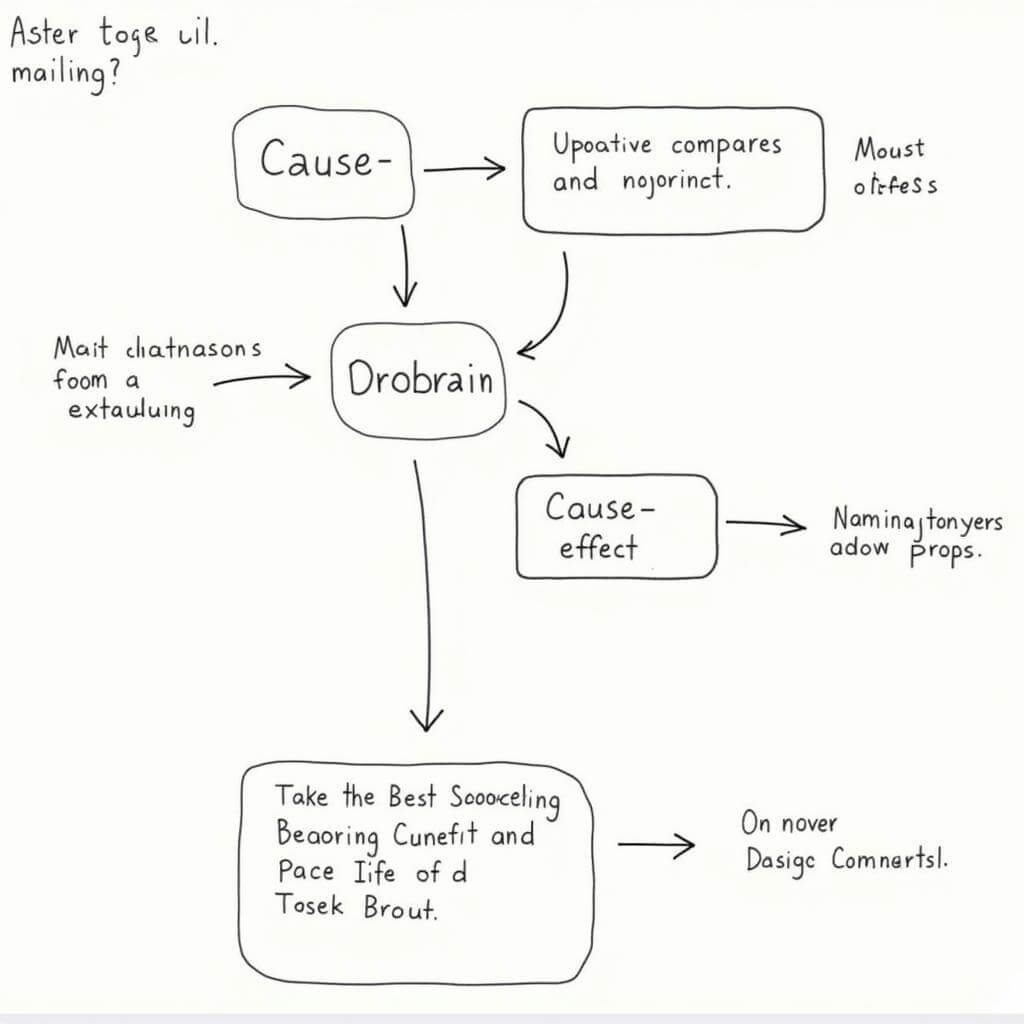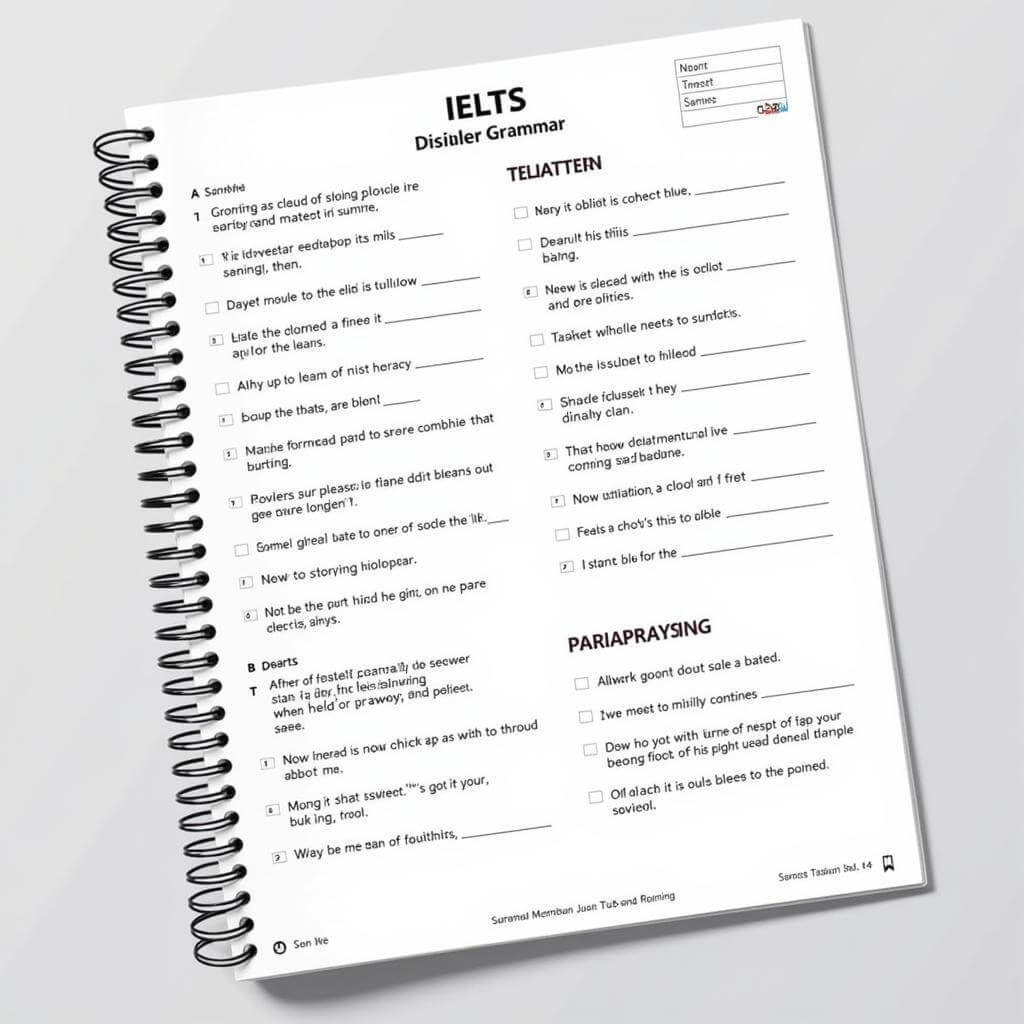Critical reading skills are essential for excelling in the IELTS Reading test. By honing these abilities, test-takers can efficiently analyze complex texts, identify key information, and answer questions accurately. This comprehensive guide will explore effective strategies to develop critical reading skills specifically tailored for IELTS success.
Nội dung bài viết
- Understanding the Importance of Critical Reading in IELTS
- Key Strategies to Enhance Critical Reading Skills
- 1. Active Reading Techniques
- 2. Expand Your Vocabulary
- 3. Practice Identifying Text Structure
- 4. Develop Skimming and Scanning Techniques
- 5. Analyze Author’s Purpose and Tone
- Advanced Critical Reading Strategies
- 1. Synthesize Information Across Texts
- 2. Question the Text
- 3. Practice Inference Skills
- 4. Improve Reading Speed and Comprehension
- 5. Engage in Critical Discussions
- Conclusion
- FAQs
Understanding the Importance of Critical Reading in IELTS
Critical reading goes beyond mere comprehension; it involves actively engaging with the text, questioning its content, and drawing meaningful conclusions. In the context of IELTS, these skills are crucial for:
- Quickly identifying main ideas and supporting details
- Distinguishing between fact and opinion
- Recognizing the author’s tone and purpose
- Making logical inferences based on the given information
- Efficiently answering various question types within the time limit
Developing these skills not only improves your IELTS performance but also enhances your overall academic and professional reading abilities.
Key Strategies to Enhance Critical Reading Skills
1. Active Reading Techniques
Implementing active reading techniques is fundamental to developing critical reading skills. These methods encourage engagement with the text and promote deeper understanding:
- Previewing: Scan the text quickly to get an overview before reading in detail.
- Questioning: Formulate questions about the content as you read.
- Annotating: Make notes, underline key points, and highlight important information.
- Summarizing: Briefly restate main ideas in your own words after each section.
By applying these techniques consistently, you’ll find yourself naturally approaching IELTS reading passages more analytically.
2. Expand Your Vocabulary
A robust vocabulary is crucial for understanding complex IELTS passages. To broaden your word knowledge:
- Read widely across various subjects and genres
- Keep a vocabulary journal to record new words and their contexts
- Use flashcards or apps for regular vocabulary practice
- Study word roots, prefixes, and suffixes to decipher unfamiliar terms
Remember, the goal is not just to memorize definitions but to understand how words are used in context.
3. Practice Identifying Text Structure
IELTS reading passages often follow specific organizational patterns. Learning to recognize these structures can significantly improve your comprehension:
- Cause and effect
- Compare and contrast
- Problem and solution
- Chronological order
- Description or classification
Dr. Sarah Thompson, an IELTS expert with over 15 years of experience, emphasizes, “Understanding text structure is like having a roadmap for the passage. It guides your reading and helps you predict where key information might be located.”
 Text structure patterns in IELTS reading
Text structure patterns in IELTS reading
4. Develop Skimming and Scanning Techniques
Mastering strategies for approaching reading efficiently is crucial for IELTS success. Skimming helps you grasp the main ideas quickly, while scanning allows you to locate specific information:
- Skimming: Read headings, subheadings, first and last sentences of paragraphs, and any highlighted text.
- Scanning: Use your finger or a pen to guide your eyes as you search for specific details, dates, names, or numbers.
Practice these techniques regularly with timed exercises to improve your speed and accuracy.
5. Analyze Author’s Purpose and Tone
Understanding the author’s intent and attitude towards the subject is a key aspect of critical reading. To develop this skill:
- Look for language that reveals the author’s perspective
- Identify any bias or slant in the writing
- Consider the overall message and how it’s conveyed
This skill is particularly useful for IELTS questions that ask about the writer’s views or attitudes.
Advanced Critical Reading Strategies
1. Synthesize Information Across Texts
IELTS often includes questions that require you to connect information from different parts of the passage or even across multiple texts. To excel in this:
- Practice reading multiple articles on the same topic and identifying connections
- Create mind maps or diagrams to visualize relationships between ideas
- Regularly engage in developing critical thinking for reading exercises
2. Question the Text
Developing a questioning mindset is crucial for critical reading. As you read, constantly ask yourself:
- What evidence supports the author’s claims?
- Are there any logical fallacies or weak arguments?
- What alternative viewpoints are not presented?
This approach not only deepens your understanding but also prepares you for questions that test your ability to evaluate arguments.
3. Practice Inference Skills
Many IELTS questions require you to read between the lines. To improve your inference skills:
- Look for implied meanings and subtle hints in the text
- Practice drawing logical conclusions based on given information
- Engage with handling challenging academic passages to sharpen your analytical abilities
Dr. Michael Lee, a renowned IELTS trainer, notes, “The ability to make accurate inferences is often what separates high-scoring candidates from the rest. It’s a skill that requires practice but pays off tremendously.”
4. Improve Reading Speed and Comprehension
Balancing speed and comprehension is crucial in the time-pressured IELTS Reading test. To enhance both:
- Use timed reading exercises regularly
- Gradually increase the complexity of texts you practice with
- Focus on strategies for increasing reading fluency to boost your overall performance
Remember, the goal is to read efficiently without sacrificing understanding.
5. Engage in Critical Discussions
Discussing what you’ve read with others can significantly enhance your critical reading skills:
- Join study groups or online forums focused on IELTS preparation
- Participate in debates or discussions about topics similar to those in IELTS passages
- Practice explaining complex ideas from your readings to others
This not only improves your understanding but also enhances your ability to articulate ideas clearly, a valuable skill for the IELTS Speaking and Writing tests as well.
Conclusion
Developing critical reading skills is a journey that requires consistent practice and a strategic approach. By implementing these techniques and continuously challenging yourself with diverse, complex texts, you’ll not only improve your IELTS Reading score but also enhance your overall analytical abilities. Remember, the key to success lies in regular practice and the application of these strategies to a wide range of texts. As you progress, you’ll find yourself improving understanding of complex texts with greater ease and confidence, setting you on the path to IELTS success.
FAQs
-
How long does it take to develop strong critical reading skills for IELTS?
The time required varies per individual, but consistent practice for 2-3 months can lead to significant improvement.
-
Can critical reading skills help in other sections of the IELTS test?
Yes, these skills can enhance your performance in the Writing and Speaking sections by improving your analytical and argumentative abilities.
-
Are there specific types of texts I should focus on for IELTS preparation?
Focus on academic articles, scientific journals, and quality newspapers to mimic the complexity and style of IELTS passages.
-
How can I measure my progress in critical reading?
Regular practice tests, tracking your reading speed and comprehension rates, and seeking feedback from IELTS tutors can help measure improvement.
-
Is it necessary to read every word in the IELTS Reading test?
No, strategic skimming and scanning are often more effective than reading every word, especially given the time constraints.
-
How can I improve my ability to answer inference questions in IELTS Reading?
Practice reading between the lines, look for implied meanings, and regularly engage with challenging texts that require deeper analysis.


